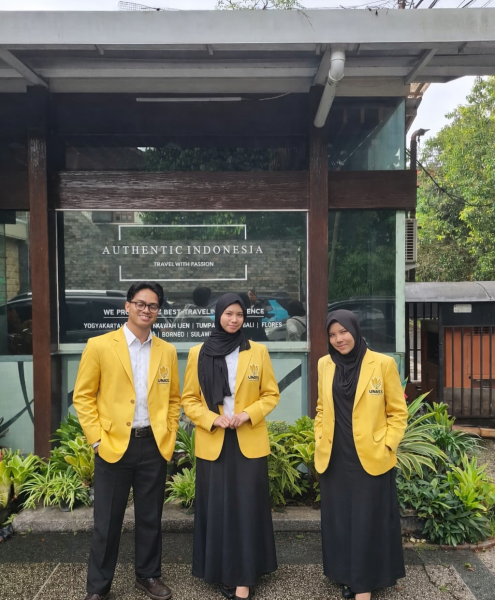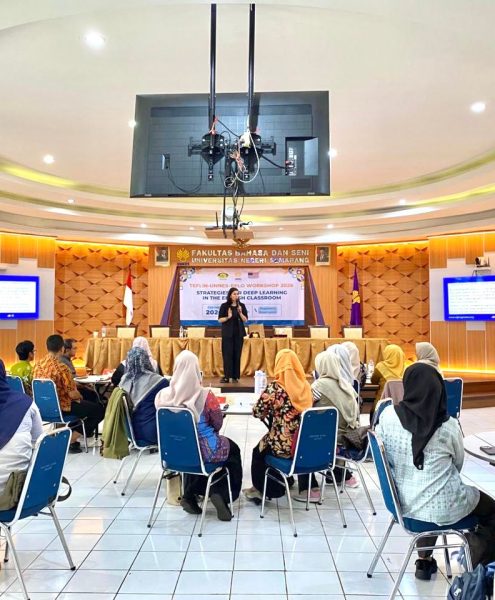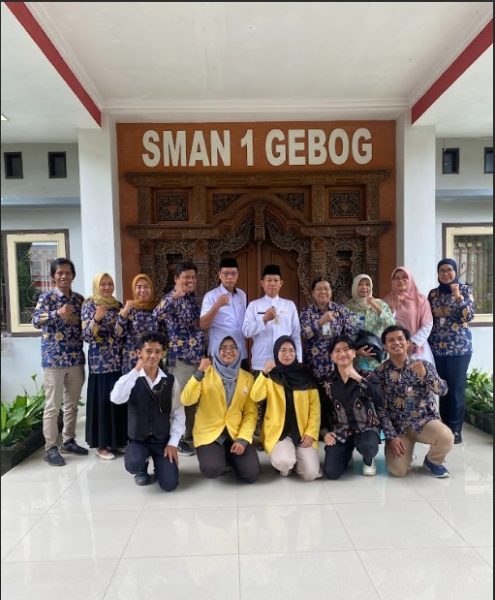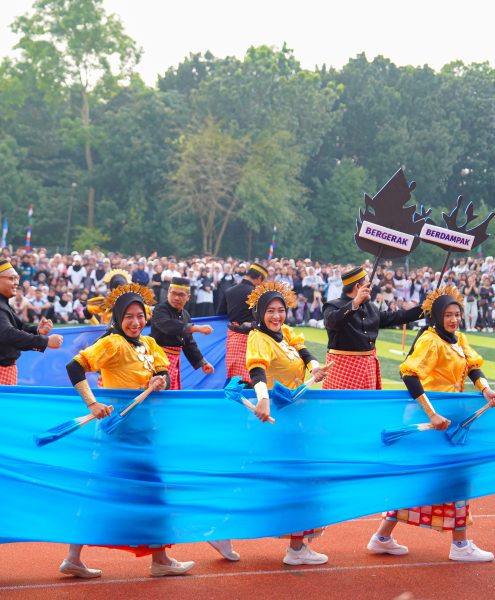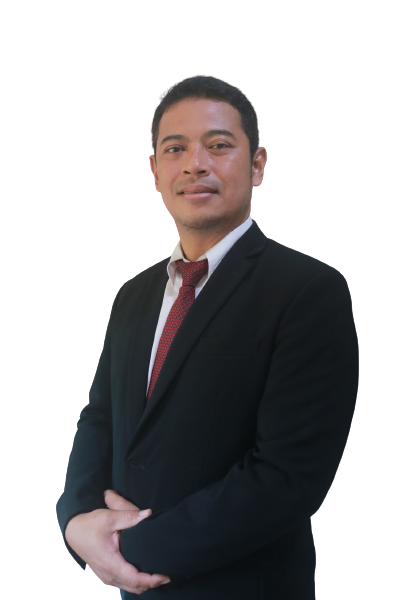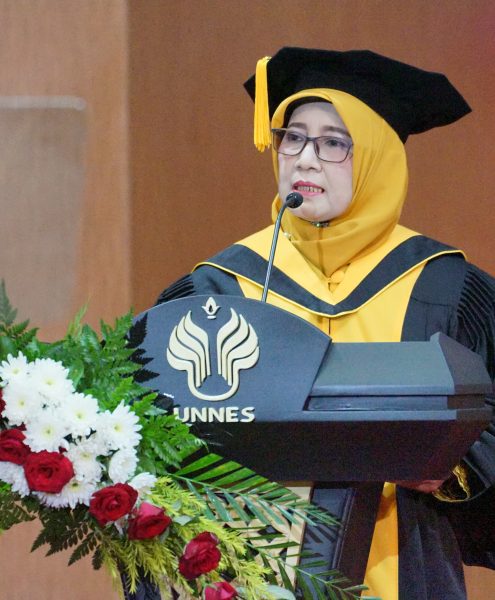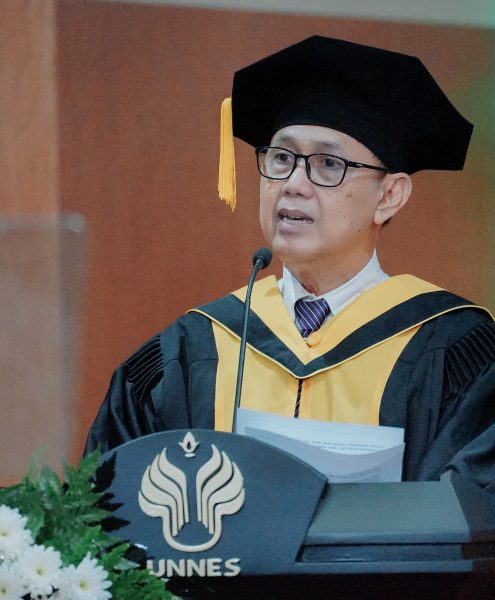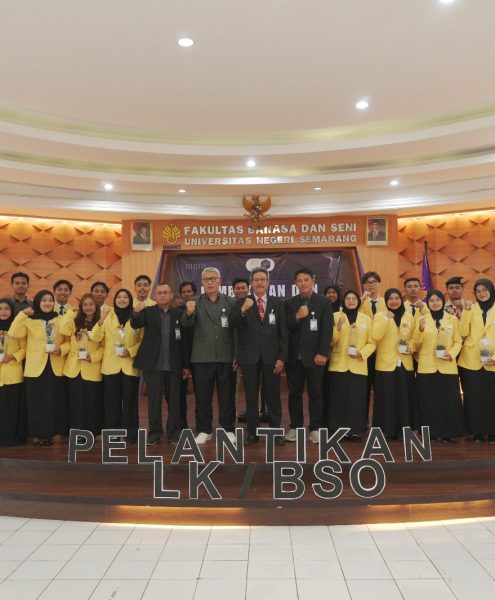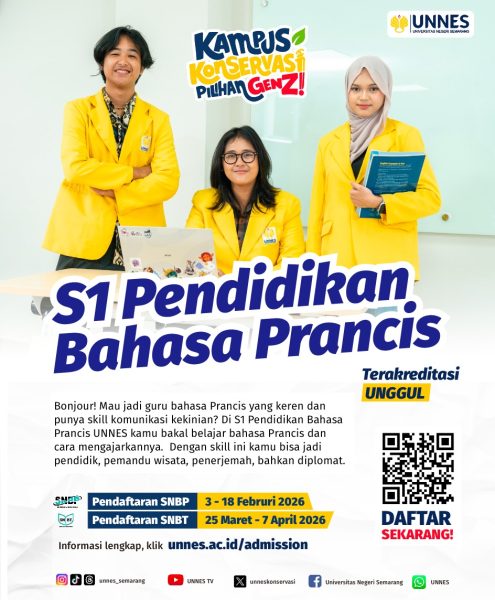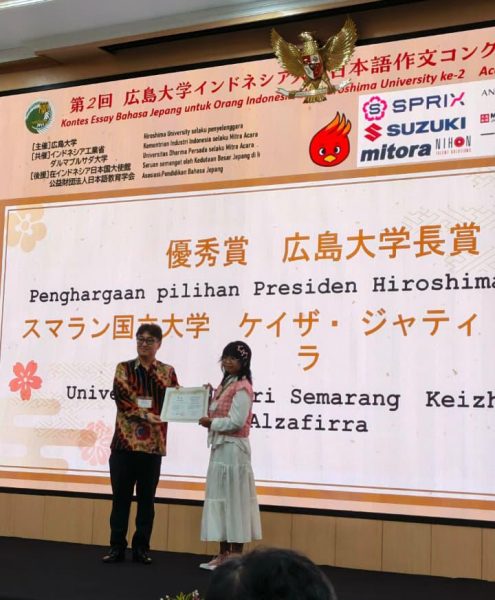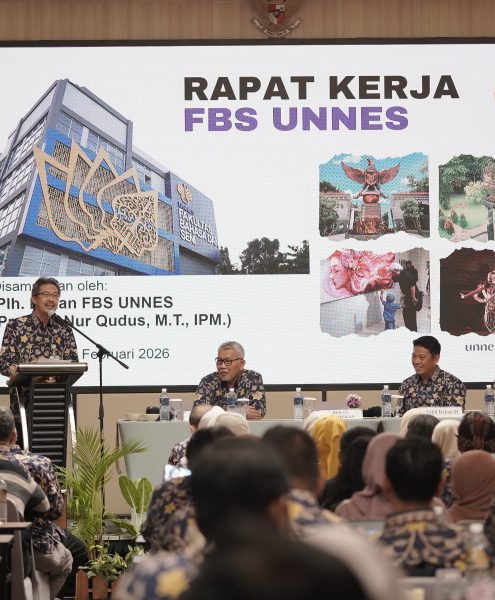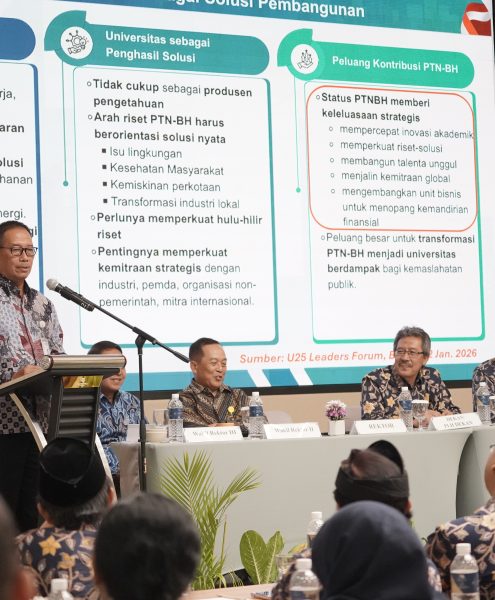Ahmad Syaifudin, S. S., M. Pd. (co-author)
Research Areas: multicultural education, higher education
Key Findings/Conclusion:
Result of this study showed that the forms of radicalism in higher education are radicalism in thinking and acting that aimed to terrorism. This form of radicalism is spread through direct and indirect patterns. The former is carried out through religious lectures, student associations, organizations, and dormitories. Meanwhile, the latest one is profiling in the media social and members recruitment. Thus, the deradicalization strategy through multicultural education in institutions is carried out both in a soft and hard approach. The soft approach is carried out to embrace parties who are indicated to understand radicalism, while the hard approach is carried out for parties who have led to illegal acts (terrorism). The multicultural education in Indonesia was created through the foundation of multicultural consciousness in the past. The implementation of multiculturalism as common platform in designing the learning based on Bhinneka Tunggal Ika or unity in diversity is realized through the civics education which is supported by the religion education. Meanwhile the implementation of multicultural education in Malaysia used soft and hard approaches by using religion. This approach is considered to be proper approach particularly when it was given to the Islam majority. By using this approach, the institutions and the lecturer could attempt to grow the Islamic values to develop the respect among fellows even though they have different tribes and religions.
Link to Download:
How to Cite:
Rokhman, F., Daud, N. M., Masyhar, A., Syaifudin, A., & Farida, L. A. (2021). Deradicalization Program Through Multicultural Education in Higher Education in Indonesia and Malaysia. International Journal of Academic Research in Business and Social Sciences, 11(9), 458–468.


